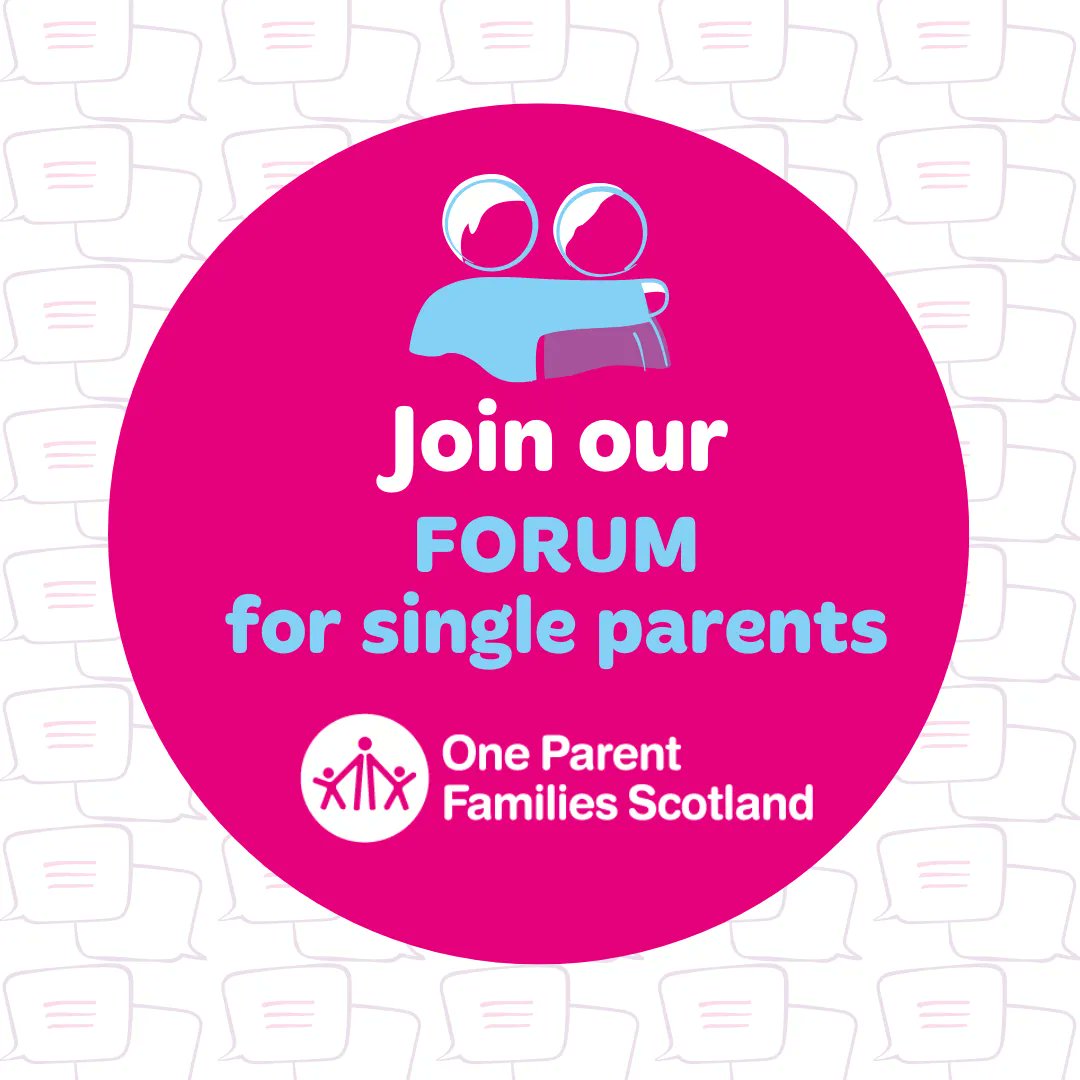What happens to Universal Credit when my child is 16+?
Last updated: 12/04/2023
Universal Credit provides financial support to families for living expenses and rent. It includes amounts for yourself and your children.
Related information
For more information on Universal Credit see: Universal Credit
For more information on how other benefits change as your child gets older see: My child is turning 16
Would you like to share your experiences and get support from friends or other single parents? You can join our forum and post a question or a conversation piece – Register here
When you stop getting Child Benefit for your child, the child element of your Universal Credit will also stop. The amount of Universal Credit you get will therefore decrease.
If your child starts working the amount of Universal Credit you get to pay your rent may also decrease depending on how much they earn.
Report that Child Benefit has stopped in your Universal Credit online account.
For more information on what happens to Child Benefit as your child gets older see: What Happens to Child Benefit when my child turns 16?
